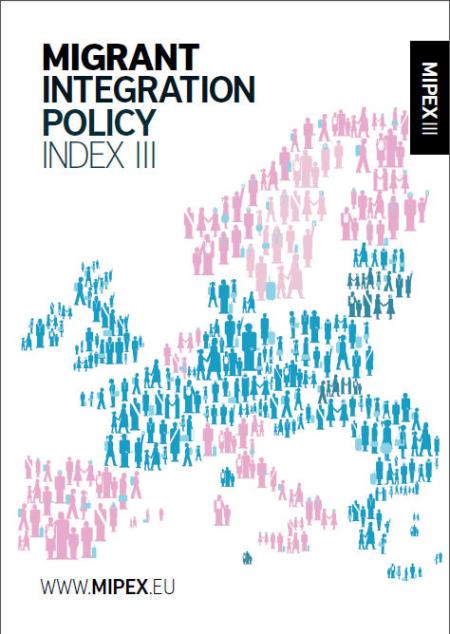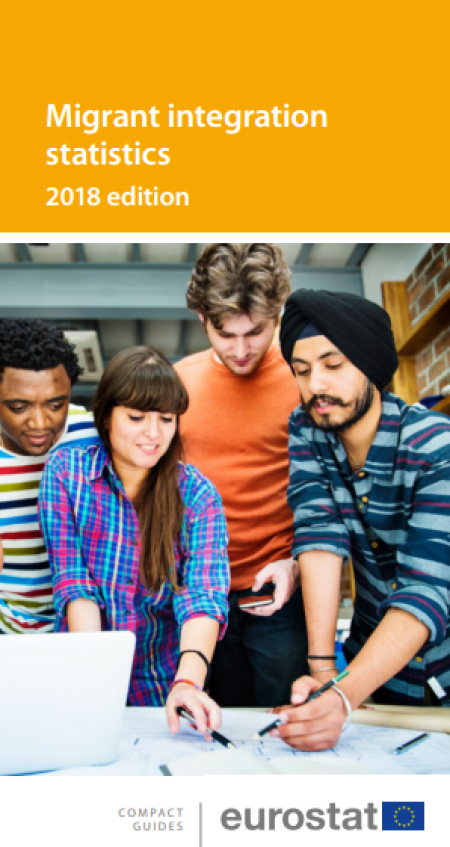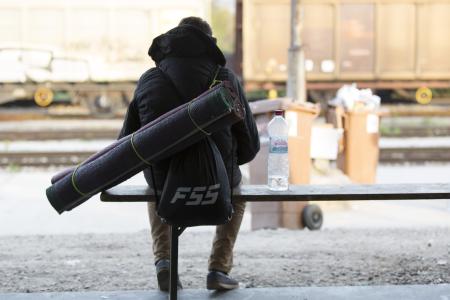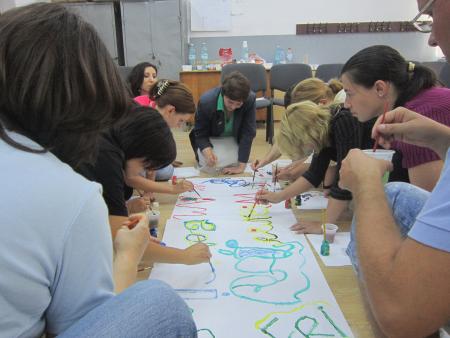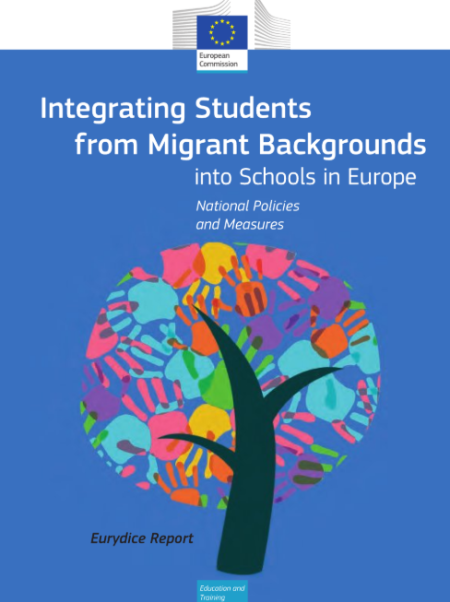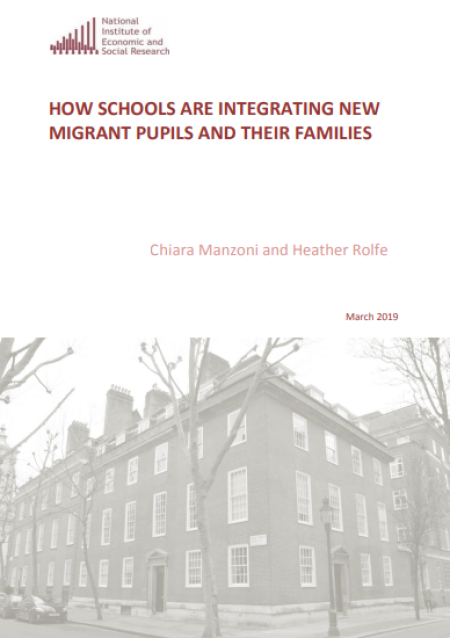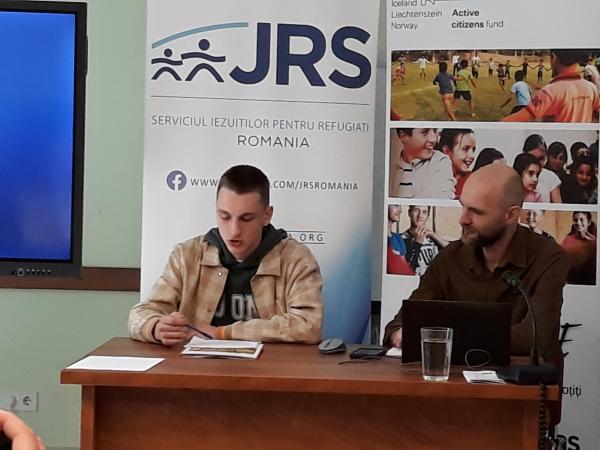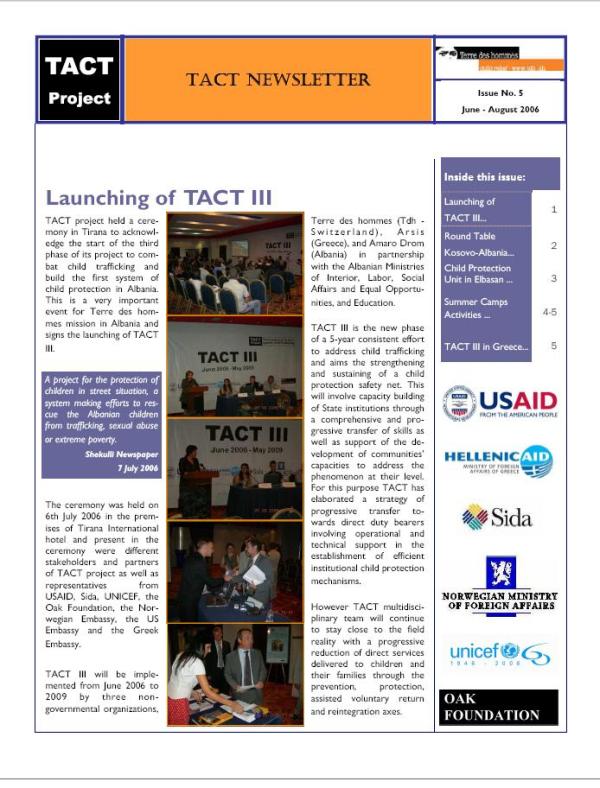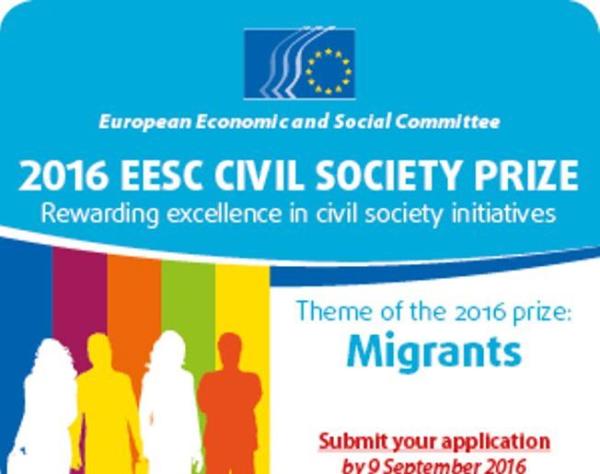
What is the Migrant Integration Policy Index?
The Migrant Integration Policy Index (MIPEX) is a reference guide and fully interactive tool to assess, compare and improve integration policy. It measures integration policies in 31 countries in Europe and North America. Using 148 policy indicators the MIPEX creates a rich, multi-dimensional picture of migrants’ opportunities to participate in society by assessing governments’ commitment to integration. By measuring policies and their implementation it reveals whether all residents are guaranteed equal rights, responsibilities and opportunities. What’s new in the third edition? The third edition of the MIPEX covers more countries and more policies than the previous edition. With new analysis over time it also identifies the changing trends in integration policy. Bulgaria, Romania and the USA have been added to the then 25 European Union countries, Switzerland, Norway and Canada of the second edition. A new policy strand on the education of migrant pupils adds 27 new policy indicators to those on labour market mobility, family reunion, political participation, long-term residence, access to nationality and anti-discrimination. Indicators have been updated, including the addition of 40 new indicators. 12 expand the strand on labour market mobility and others measure how the way policies are implemented can facilitate or hinder participation (e.g. consultative bodies, language/ integration tests). How does MIPEX decide the scores? There are 148 policy indicators on migrant integration in the MIPEX. These have been designed to benchmark current laws and policies against the highest standards through consultations with top scholars and institutions using and conducting comparative research in their area of expertise.


